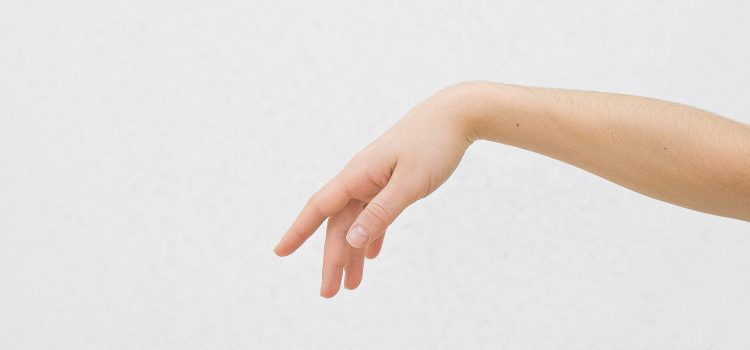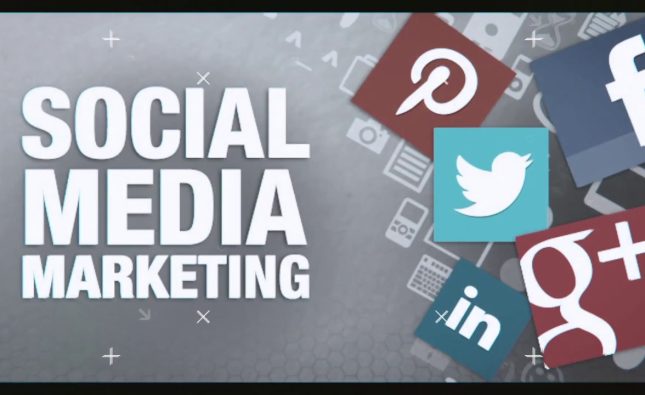
The beauty industry has always been quick to embrace new technology, and in recent years, we have seen an explosion of cutting-edge innovations that are transforming the way we think about beauty. From virtual try-on tools to personalized skincare algorithms, technology is revolutionizing the beauty industry in ways that would have been unimaginable just a few years ago.
One of the most significant technological advancements in the beauty industry is the use of artificial intelligence (AI) and machine learning algorithms to develop personalized beauty recommendations. These algorithms analyze data about a person’s skin type, concerns, and preferences to create a customized skincare regimen that is tailored to their unique needs. This technology is already being used by several skincare brands, and we can expect to see even more companies incorporating it into their products in the coming years.
Virtual try-on tools are another exciting development in the beauty industry. These tools allow customers to try on makeup and skincare products virtually, using augmented reality technology. This makes it easier for customers to find products that suit their skin tone and type, without having to visit a physical store or make a purchase blindly. With the COVID-19 pandemic accelerating the shift to online shopping, virtual try-on tools have become increasingly important for beauty brands looking to engage with customers in the digital space.
Another area where technology is having a significant impact on the beauty industry is sustainability. Many beauty brands are now using innovative technologies like 3D printing and biotechnology to create more sustainable and eco-friendly products. For example, some companies are using 3D printing to create customized makeup packaging, while others are using biotechnology to produce sustainable and cruelty-free ingredients.
Of course, there are also challenges associated with the use of technology in the beauty industry. For example, there are concerns about data privacy and the potential for AI algorithms to perpetuate bias and discrimination. It is important for beauty brands to be transparent about how they are using technology and to prioritize ethical considerations when developing new products and services.
Overall, the future of beauty is being shaped by technology in ways that are both exciting and transformative. As brands continue to innovate and push the boundaries of what is possible, we can expect to see even more groundbreaking developments that will change the way we think about beauty and self-care.










